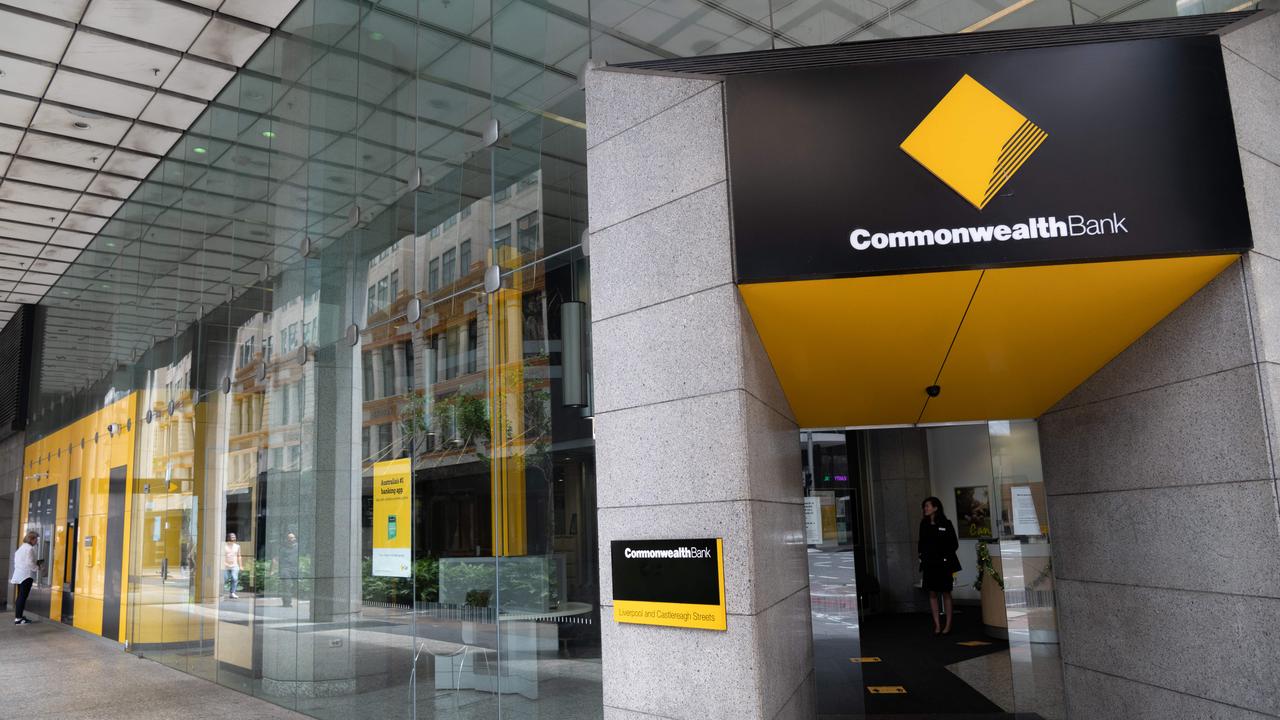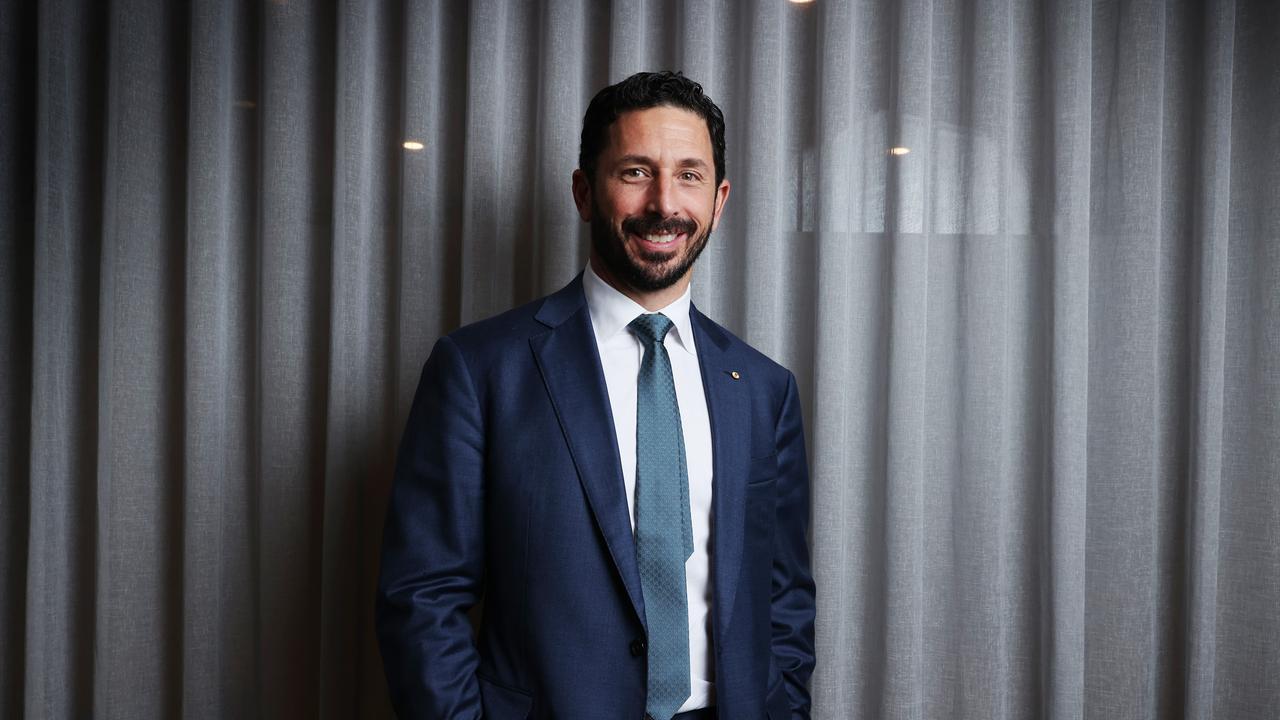Powerful backers have emerged in the push to limit short-stay permits in Tasmania
The state’s hospitality heavyweights have joined calls for a halt on new Airbnb permits as the state’s hotels continue to suffer – but the push has found opposition from an unexpected source.
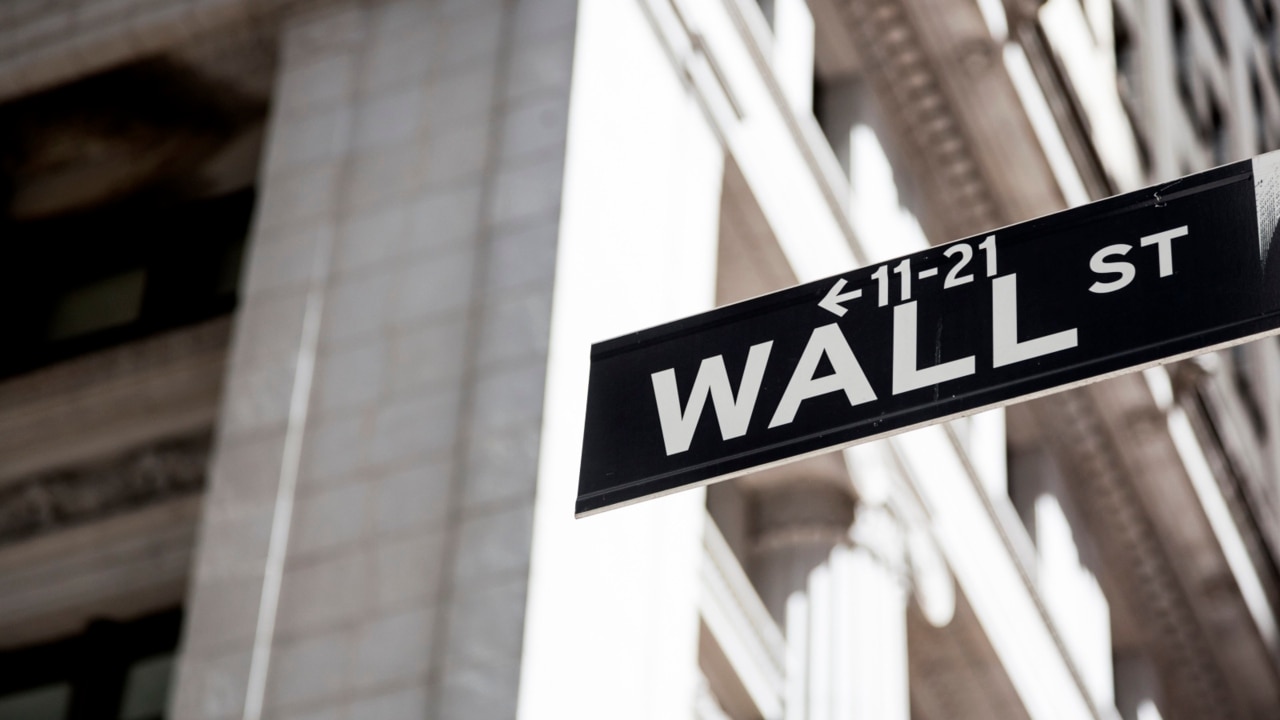
Business
Don't miss out on the headlines from Business. Followed categories will be added to My News.
- Hobart has the highest Airbnb density in Australia
- Council to ask for audit into number of Airbnbs in Hobart
TASMANIA’S hotel industry has joined calls for a temporary ban on Airbnb permits and a review of short-stay regulations, as Hobart’s “decimated” accommodation sector continues to suffer.
The Tasmanian Hospitality Industry says it is time for a short-term “pause” on Airbnb permits, to allow struggling hotels to recover and give the state government time to “review and reconsider” how home-letting fits in the state’s tourism accommodation market.
“We would like to see the regulations reviewed to ensure that there’s consistency from state to state,” THA chief executive Steve Old said.
“We’d support a short-term pause on new Airbnb permits so that the current regulations and compliance can be looked at and also give time for accommodation providers to recover.”
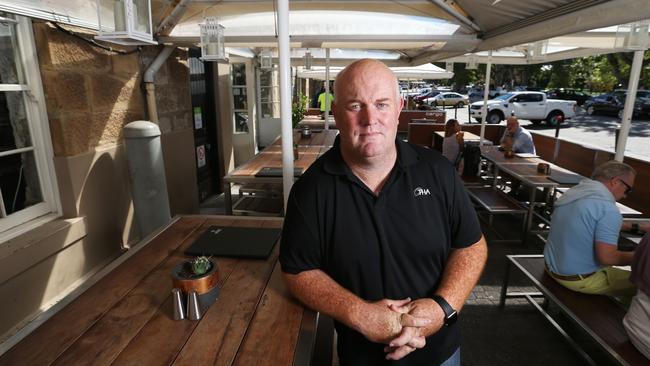
The position has been backed by Tasmania’s biggest private employer, Federal Group, which owns several hotels and pubs around the state and is, like the THA, a major Liberal Party donor.
Corporate affairs manager Daniel Hanna said the company supported the THA’s position, describing the call for a pause “reasonable”.

The heavyweight support for change may force action from a reluctant government, which has consistently rejected calls by housing researchers, welfare groups and, most recently, the Hobart City Council, to tighten short-stay regulations.
With housing affordability and availability in Hobart back to crisis levels, the city council has, in recent days, voted to investigate ways to restrict the conversion of entire homes to short-stay businesses.
Until now hotels have been relatively accepting of lax regulations around the short-stay sector, as Airbnbs had offset a shortage of hotel rooms.
But Mr Old said “supply now far outweighs demand”, with several new hotels coming online this year and next.
By March, he said, the state would have an extra 24,000 room nights a month available, compared with last year.
Occupancy statistics show hotels in southern Tasmania have been the slowest to recover, with just 43 per cent occupancy for November, compared with nearly 94 per cent in November last year.
“We need to see the occupancy figures improve statewide before we bring more short-term accommodation onto the market,” Mr Old said.
“There have been so many challenges and changes to our members’ operating environment and requirements this year and the long-term rental market is still struggling, so I think it’s a good time for the new sharing economy regulations that were brought in last year to be reviewed — and to reconsider where Airbnbs fit in the Tasmanian accommodation market.”
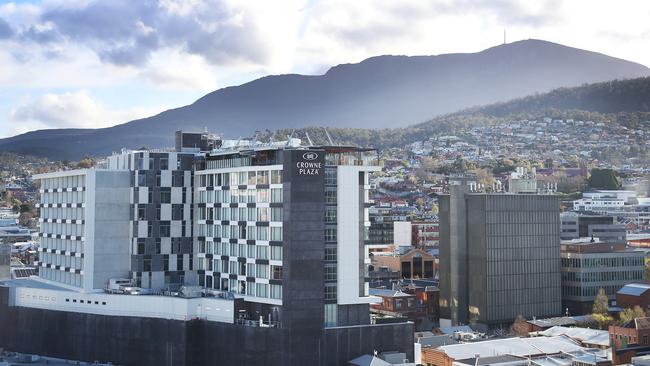
Airbnb spokesman Derek Nolan said the short-stay sector was vital to the state’s recovery, giving visitors a unique and memorable Tasmanian experience, which would help ensure they returned.
“Hosts on Airbnb remain very much focused on attracting tourists to their region and pointing them to local cafes, restaurants, pubs, shops and other businesses. These hosts are proud advocates of their regions and care deeply about doing what they can to support local jobs,” Mr Nolan said.
OPERATOR SAYS HALT ON AIRBNB PERMITS WOULD BE ‘UNFAIR’
AIRBNB owner and landlord advocate Louise Elliot is passionately opposed to a pause on short-term rental permits in Hobart, even though such a move would potentially boost her own income.
“It would actually mean less competition for me, but I don’t think that’s fair. Others should be able to decide how they use their property,” Ms Elliot said.
Having set up a landlords lobbying group earlier this year due to concerns over anti-eviction laws during COVID-19, Ms Elliot is vehemently against the idea of councils or governments dictating how owners use their properties.
“It’s completely unfair to punish people like me who make smart decisions because we don’t want to be reliant on a pension,” she said.
“People might say they’ve got an ethical problem with Airbnb. Well, I have an ethical problem with people who say ‘Well, I won’t strive or try to be independent, I’ll just wait for the pension’. That, to me, is wrong.”
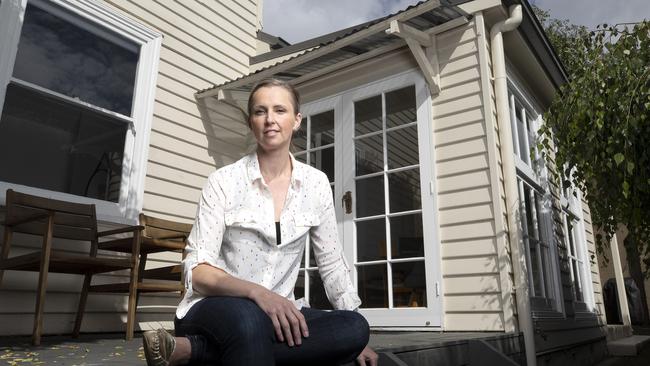
While Ms Elliot is candid – an unapologetic — about her North Hobart Airbnb being a former long-term rental, she said she also managed her mother’s granny flat, which was also classed as an “entire home” on Airbnb.
“There’s no way she’d rent it out long term,” she said.
Dismissing as “ridiculous” researchers’ findings that short-stay properties make up 12 per cent of Hobart’s overall rental market, Ms Elliot insists the housing crisis is due to the Hobart City Council refusing too many developments, as well as decades of inadequate social housing construction by the state government.
Tourism Industry Council Tasmania chief Luke Martin said that while he too did not support a pause on short-stay permits, he wanted to see an “even playing field” for all accommodation providers.
“If you ask the hotel operators, they would like to see some greater restrictions on Airbnb permit issuing (but) the bigger issue they see is around an even playing field, making sure every operator does have a permit, does have the same insurances and fire and disability requirements as commercial accommodation,” Mr Martin said.
“That’s frankly about councils across the state doing their job and making sure they’re actually regulating the system they’ve got.”
But Ms Elliot said it was “unfair” to expect Airbnb operators to comply with the same standards as fully fledged accommodation venues.
“Airbnbs aren’t hotels. These aren’t multi-storey buildings, it’s not really apples and apples,” she said.

